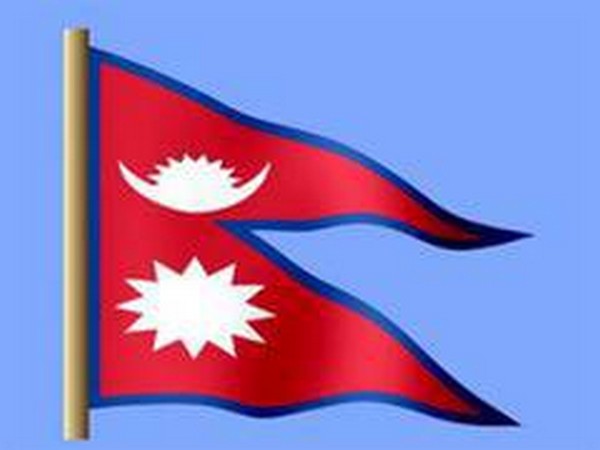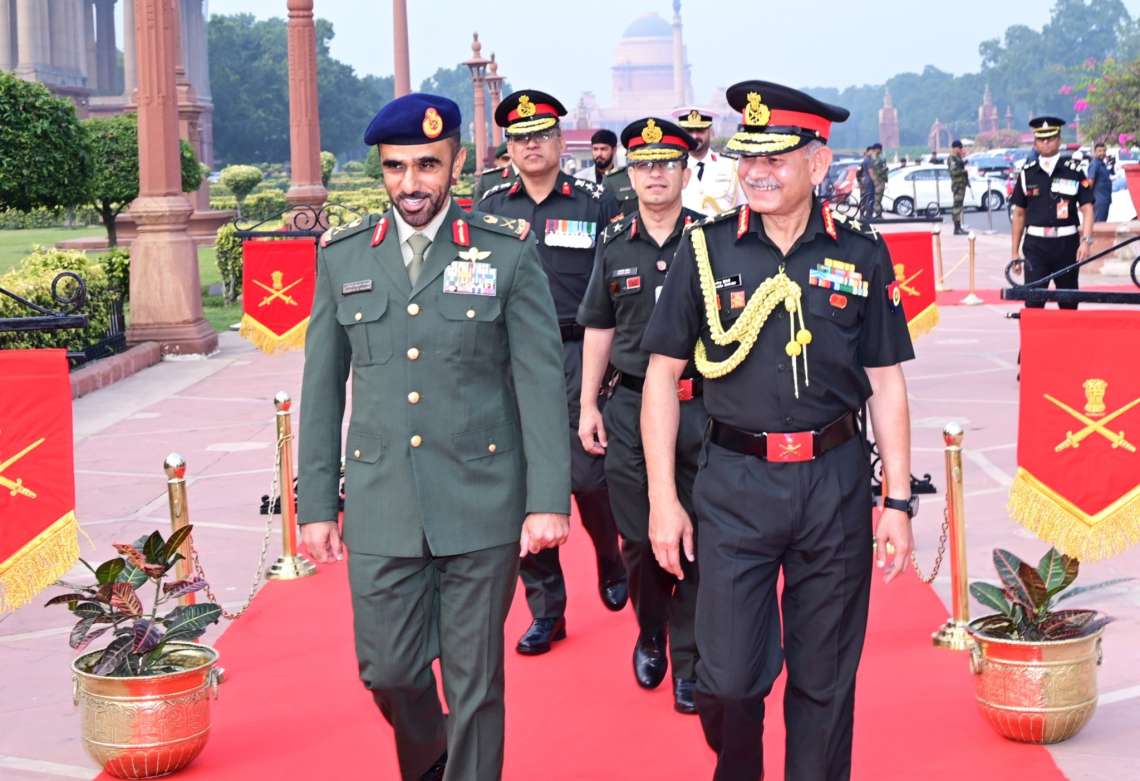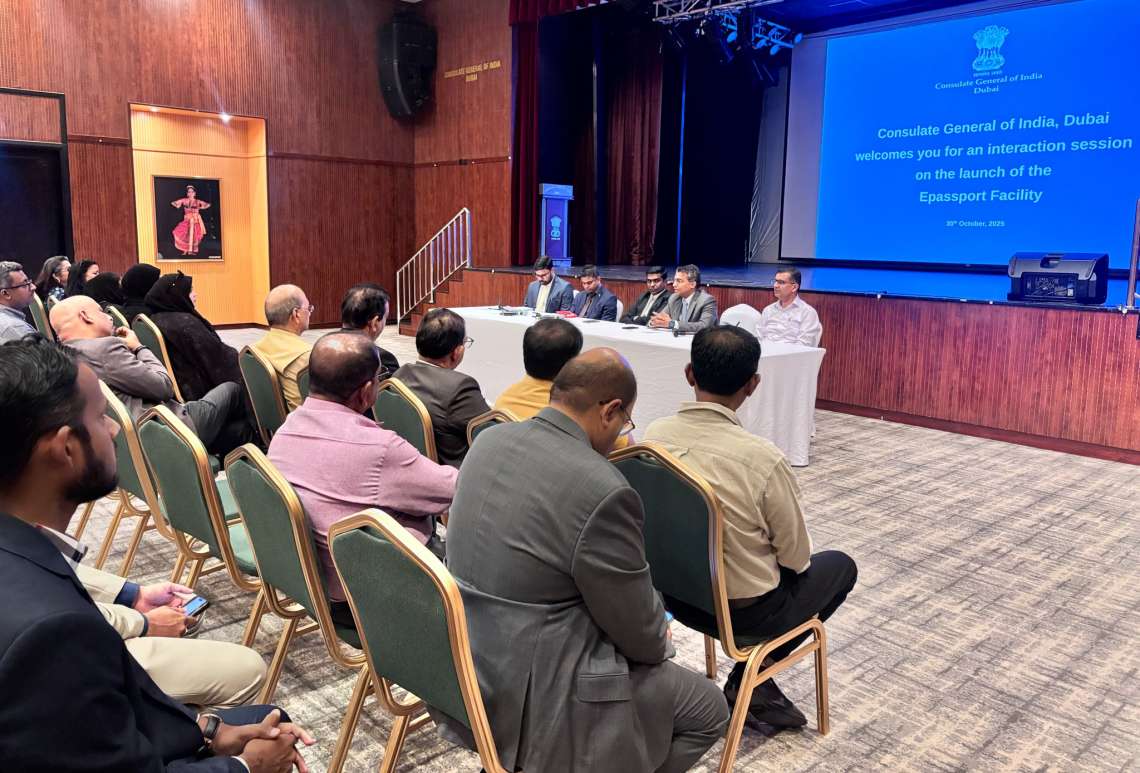Nepal’s Ministry of Defence said, “Chief of the Army Staff, Nepali Army, General Ashok Raj Sigdel is scheduled to visit India from 11th December to 14th December 2024″…reports Asian Lite News
Nepali Army Chief General Ashok Raj Sigdel is scheduled to visit India from December 11 to December 14, Nepal’s Ministry of Defence announced on Wednesday.
In a press statement, the Nepal’s Ministry of Defence said, “Chief of the Army Staff, Nepali Army, General Ashok Raj Sigdel is scheduled to visit India from 11th December to 14th December 2024”.
The press statement also noted, “During his visit, General Sigdel will be conferred upon the rank of Honorary General of the Indian Army by Her Excellency, the President of the Republic of India. He is scheduled to have official call on with higher authorities of India during his visit.”.
“General Sigdel will also participate in the passing out parade of Officer Cadets at Indian Military Academy (in Dehradun) as a Reviewing Officer”, the statement said.
During his visit, General Sigdel is expected to meet top Indian leaders, including President Droupadi Murmu, Prime Minister Narendra Modi, and Defence Minister Rajnath Singh.
The visit by Nepal’s Chief of the Army Staff comes days after the Indian Army Chief General Upendra Dwivedi visited Nepal from November 20 to November 24, upon the invitation of Nepal’s Army Chief Sigdel.
General Dwivedi was conferred the honorary rank of General of the Nepali Army by the President of Nepal during his visit.
The practice follows a seven-decade-old tradition of conferring Army Chiefs of each other’s country with the honorary title. Commander-in-Chief General KM Cariappa was the first Indian Army Chief to be decorated with the title in 1950.
General Dwivedi visited key locations during his stay and met President Ramchandra Paudel, Prime Minister KP Sharma Oli, and CoAS Sigdel. The tradition of exchanging honorary General insignia between Nepal and India has been ongoing since the beginning of the establishment of both armies.
The strong relations between Nepal and the Indian Army have been further cemented via the Gurkha Regiment. Currently, over 30,000 Gurkha soldiers from Nepal are serving in the Indian Army.
These bonds of friendship are also strengthened by regular exchanges at high levels between India and Nepal.
These frequent high-level visits and exchanges have added momentum to the bilateral partnerships, and helped the leadership to review at regular intervals the entire gamut of the relation. (ANI)
ALSO READ: Assam bans sale, consumption of beef














